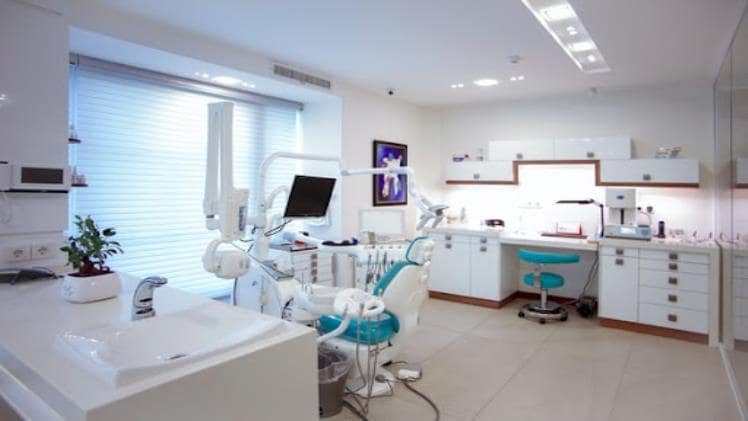A panel PC is a type of computer that is designed to be used in a panel or enclosure. It is a rugged, compact, and low-power device that is perfect for use in a variety of settings, including industrial, commercial, and public spaces. Panel PCs can be used for a variety of purposes, including as a control panel, information kiosk, digital signage display, or point-of-sale terminal. They are useful in hospitals for a number of reasons. They can be used to track patient data, monitor vital signs, and control hospital equipment. They can also be used to provide information to patients and their families. Keep reading to learn more about how panel PCs are used in hospital settings.
Panel PCs are durable and easy to disinfect.
This is what makes panel PCs ideal for medical computers. Their sealed enclosures protect against moisture and dust, which can cause electronic components to fail. Panels also have touchscreens, which make them easier to use than traditional desktop computers. In hospitals, medical panel PCs can be used for a variety of tasks on a medical grade computer, including patient monitoring, order entry, drug administration, charting, and radiology image viewing.
These medical PCs offer hospitals a more reliable and flexible solution.
Medical PCs are reliable and flexible solutions for hospitals because they offer a secure and customizable platform compared to traditional desktop computers. In fact, medical PCs are mounted into a wall or other flat surface and operated through an intuitive touchscreen interface, which makes them perfect for use in healthcare settings. Their compact size also means that they can be installed in tight spaces, such as near patient beds or examination rooms.
One of the biggest benefits of using panel PCs in hospitals is their ability to be customized to meet specific needs. Health care providers can configure panels to provide access to specific applications and files, as well as enable secure login procedures for authorized users. This level of flexibility is essential in hospitals, where different staff members often need access to different information at any given time. Medical PCs also make it easy to track vital patient data, such as heart rate and blood pressure, which can help medical professionals make more informed decisions about care.
Medical grade computers can be customized to display data and provide access to specific users.
Panel computers are useful in hospitals because they can be easily customized to meet specific hospital needs, such as providing data or sharing information with other hospital personnel. As an example, medical PCs can be used to display patient information or medical images. They can also be used to control medical devices or provide access to hospital databases.
They help with improved patient care and easier workflow.

These computers provide improved patient care by giving doctors and nurses easy access to information about the patient’s condition. This allows them to make better decisions about the patient’s overall health care plan. In addition, the touch panels can help improve workflow in hospitals by providing an easy way for hospital staff to access information and communicate with one another. They facilitate communication and collaboration among hospital staff, which allows for more efficient and effective caregiving. And they even provide a convenient way to access important information quickly and easily. This can lead to better patient outcomes and reduced costs.
Overall, medical grade PCs are an important tool for hospitals. They provide a variety of benefits that can help improve the quality of care and patient experience. Panels can help improve communication and collaboration among staff, make it easier for patients to access information, and provide a convenient way for staff to enter and track patient data.





